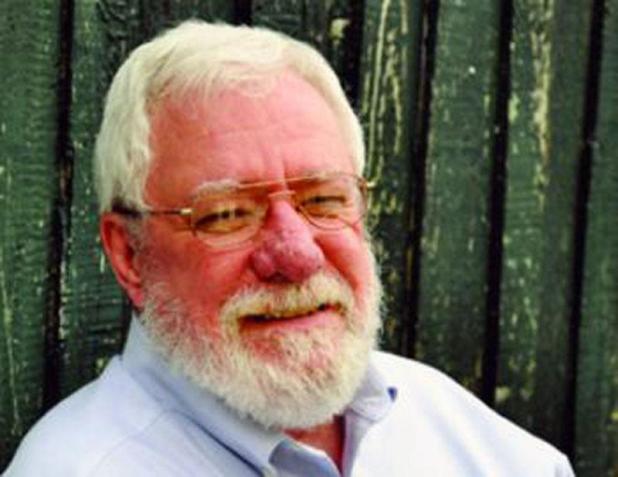
Jim Bradshaw
Tiny town once harbored exiles
It would be understandable if you’ve never heard of Port Tobacco, Maryland. Today it is the state’s smallest incorporated community, with barely a dozen residents. But in colonial times, before silt stopped up its outlet through Chesapeake Bay to the Atlantic Ocean, it was a busy port and the second largest place in Maryland.
That’s why it was one of the places where exiled Acadians were sent, and why many Louisiana Acadians trace their ancestry to people who were born or died there. Those families were eventually among the first to settle the so-called Acadian Coast in Iberville, Ascension and St. James parishes, and they brought with them a handful of English Catholics, such as the Hamiltons in my family tree, who thought the Mississippi offered more opportunity than Maryland.
More than 900 Acadian deportees were sent to Princess Anne, Port Tobacco, Oxford, and Baltimore, Maryland, in late November 1755 and stayed there until after the Treaty of Paris in 1763 allowed them to leave the colonies where they had been virtual prisoners.
The Jesuits established a mission at Port Tobacco in 1641, and later a chapel at nearby St. Thomas Manor. That chapel became St. Ignatius Church, the oldest continuously operating Catholic parish in the United States. Records for its large cemetery include the names Babin, Benoist, Braux (Breaux), Broussard, Cloatre, Commust (Comeau), Dupuis, Gaidris (Guidry). Landry, Latier, LeJeune, Pouard, Richard and Trahan.
Most of those names are included on the lists of Acadians who came to Louisiana from Maryland. The first of them were in a group of about 200 Acadians who arrived in New Orleans in September 1766. Another significant group left Port Tobacco in 1767, when captain Richard Ryder of the ship Jane was given permission to transport “150 French Neutrals (Acadians) with baggage” to New Orleans. The Jane left Port Tobacco on Dec. 17, 1767, and arrived safely two months later.
Louisiana was ruled by Spain then, and most of these Maryland Acadians were sent up the Mississippi River to the settlement of St. Gabriel in what is now Iberville Parish. The Spaniards gave them land, farming tools, guns, and enough provisions to just barely sustain life until their first harvest.
A list of those settlers shows 47 families composed of 210 individuals. It shows 30 married couples, all but five with children. Six families were headed by widowers, seven by widows, and four heads of families were unmarried. Thirteen orphans were with the group, all of them attached to families. A total of 200 arpents of land was assigned to these 47 families according to the number of people in the household. The grants averaged about 4.4 arpents per family. The largest was eight arpents and the smallest was two.
The oldest person was 66 years; the youngest was one month old. The average age of the entire group, counting adults and children was 20.2 years. The average age of heads of family was 37.9, of married women 31.1, and of widows 50.1 years. Women and girls outnumbered men and boys 108 to 100.
Several of the English families arriving about that time were also from Port Tobacco. Historians note that after Spanish authorities welcomed the Acadians in Louisiana, some of Maryland’s English Catholics thought they might want to come to Louisiana also.
It was not an entirely new idea. Charles Carroll, the wealthy Maryland landowner who in later years became the only Catholic signer of the Declaration of Independence, went to France in 1752, when France still claimed the huge Louisiana territory, to ask for land where, in the words of historian James Alexander Robertson. “the oppressed Catholics of Maryland might settle … and have freer scope for the practice of their religion.”
He was turned down. France and England were almost continuously at war in those days, and the idea off bringing English settlers to their Louisiana colony was not very appealing.
The Spanish seem to have taken a more lenient view toward English-speakers in the 1760s, but they did insist (at least officially) that all new Louisiana settlers had to be Catholic.
You can contact Jim Bradshaw at jimbradshaw4321@gmail.com or P.O. Box 1121, Washington LA 70589.
